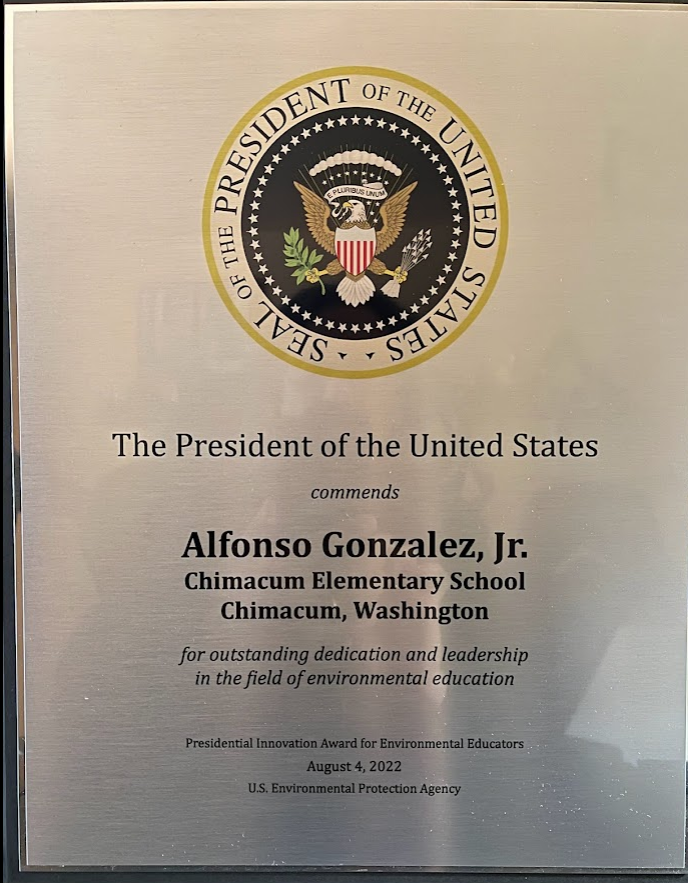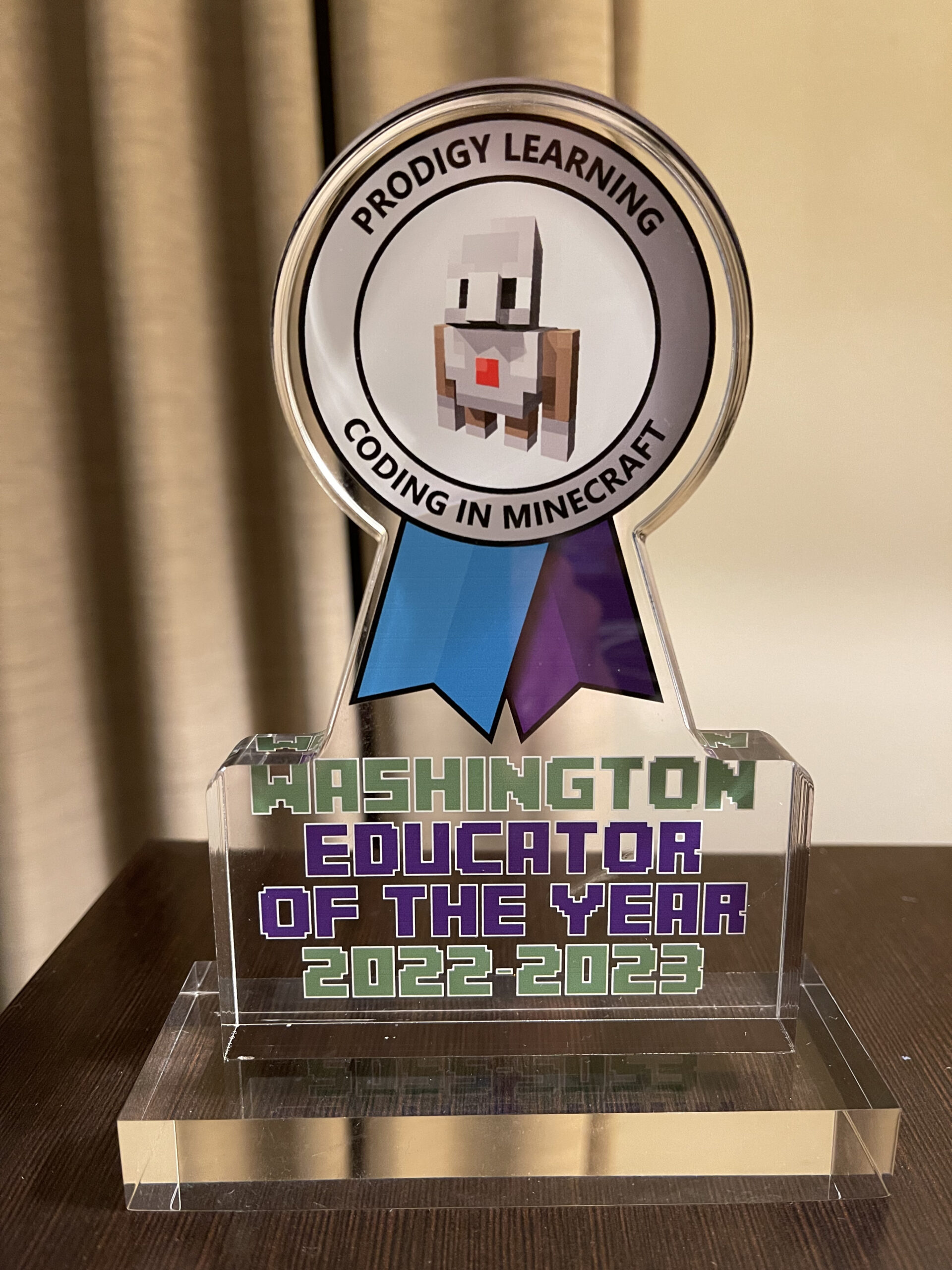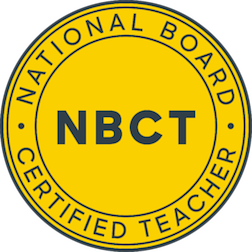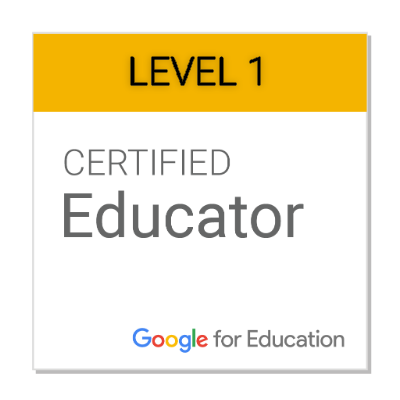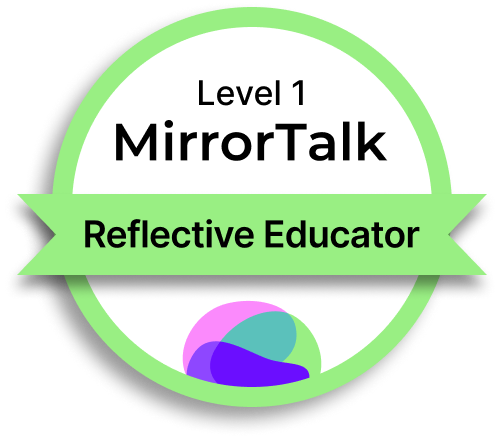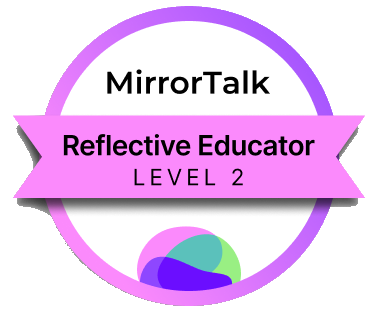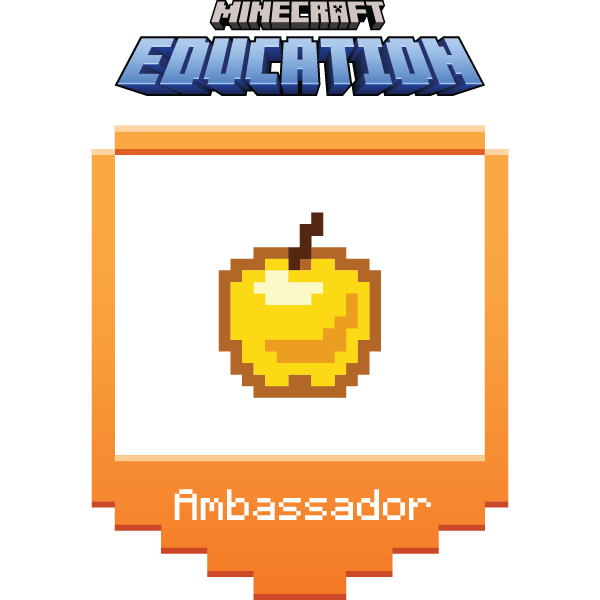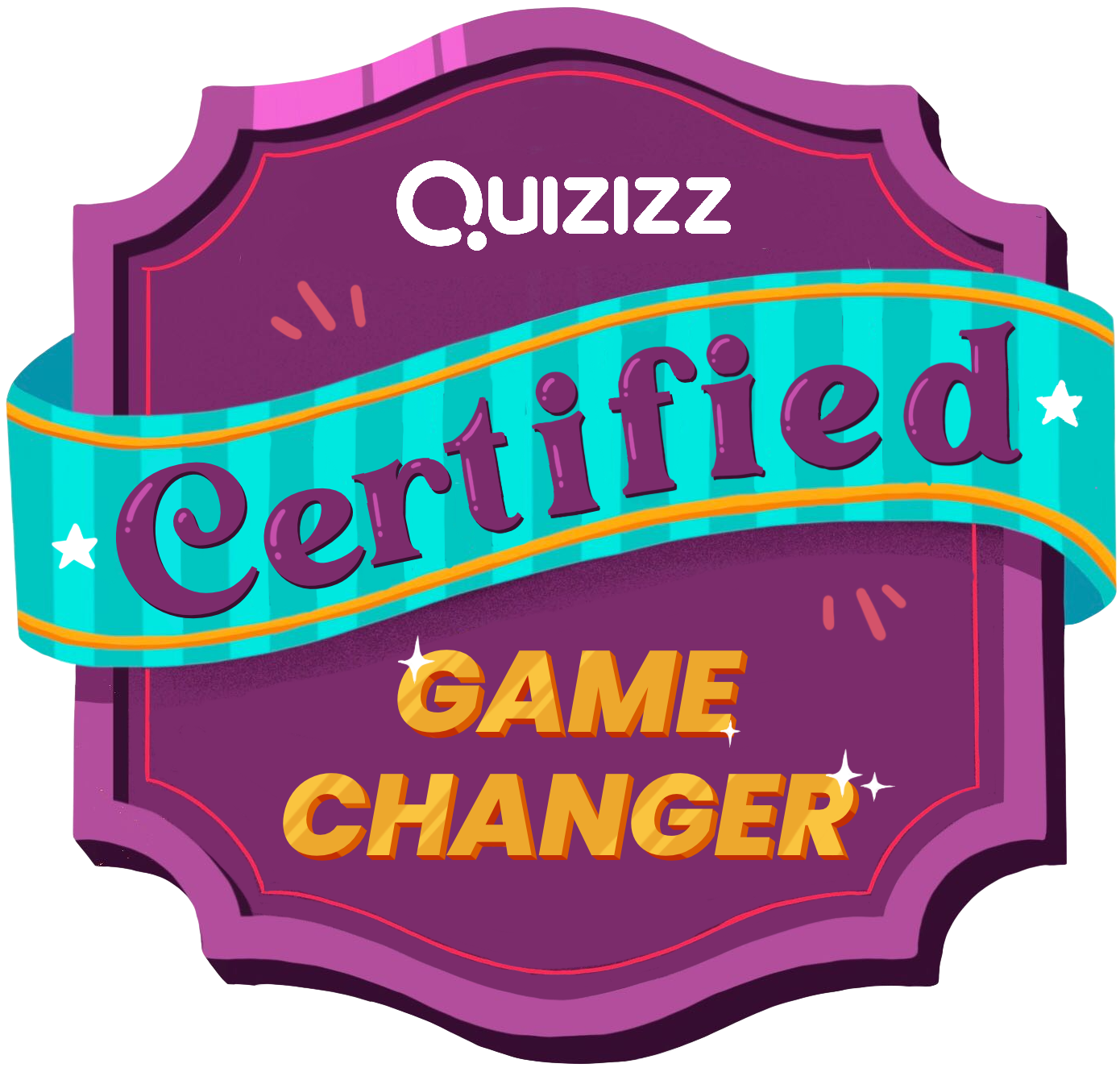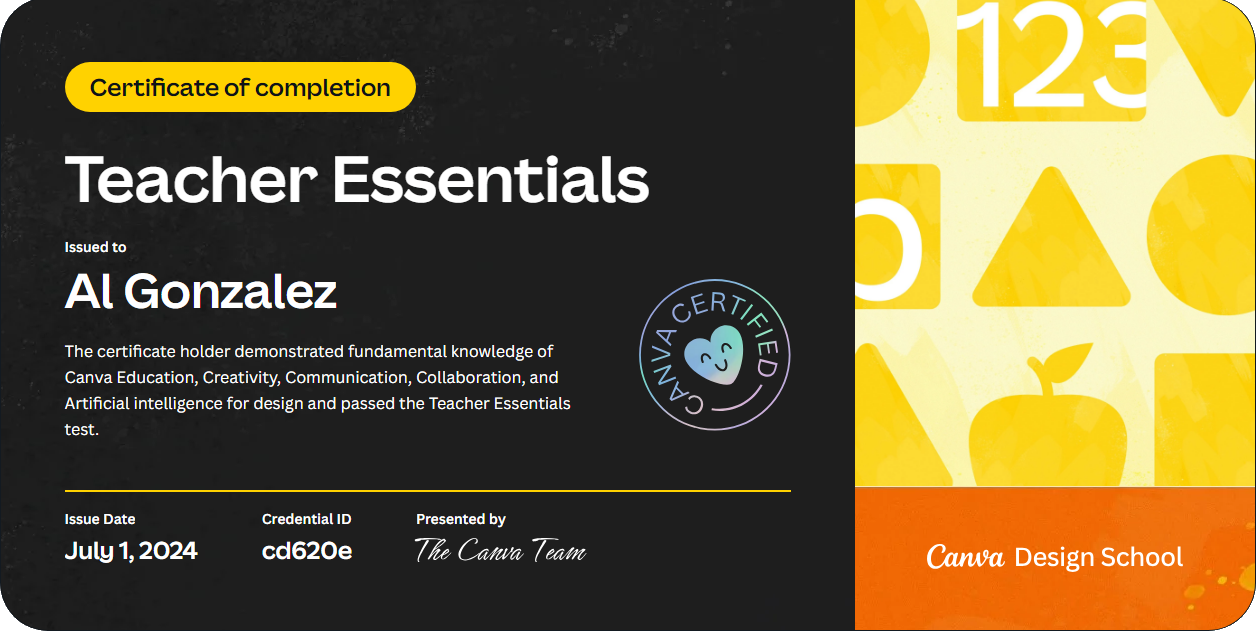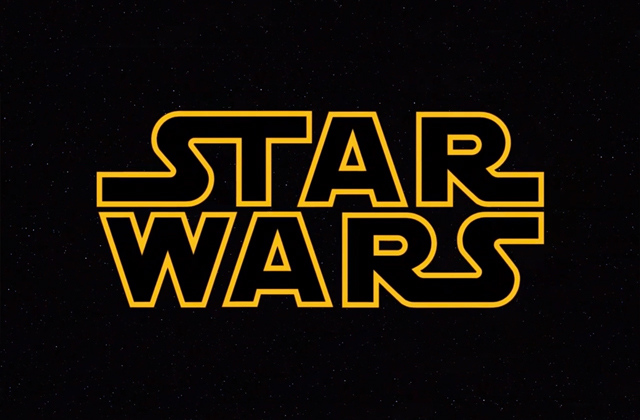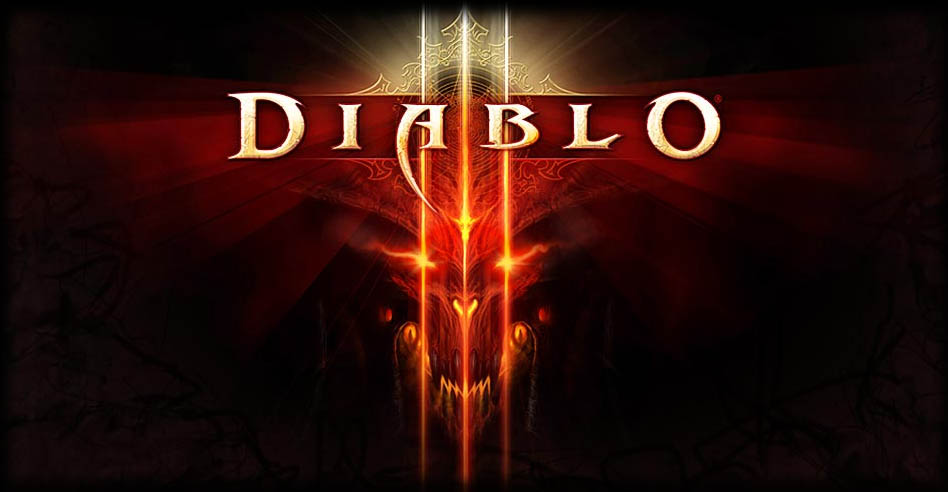After wondering if I was being hypocritical for denouncing the use of rewards systems to encourage positive behaviors from kids yet using experience points and badges in my gamified classroom I had the following Twitter conversation helping me think through PBIS and the use of rewards.
This issue, which researchers like Alfie Kohn, make seem so simple is filled with shades of gray and such nuance that I’m just swirling with what I should do to best serve my students! I know issues such as rewards are complex, therefore, not so easy to choose either no rewards or reward every positive behavior, but really? See this post by Joe Bower.
Some of the ideas that @AngelaWillyerd shared in the Twitter discussion above are to distinguish between differentiation via incentives such as experience points and badges for completing high quality work versus bribing kids to do work by giving them prizes. At least that’s my takeaway from what she said.
Where I found a familiar thread with giving rewards as extrinsic motivators via PBIS was when she said that initially we are supposed to reward kids for positive behavior but we should move past using those external motivators as the year progresses. Wean them off the rewards, right? At least that’s the what I hear from teachers who use rewards, they plan to wean kids off them once the kids figure out what behaviors will help them be successful in a classroom. And yet we are to somehow continue to reinforce the positive behavior, without rewards I gather, while reteaching those with poor behavior. In a gamified classroom experience points and badges are earned all year as kids successfully complete learning tasks. The experience points and badges are evidence of learning accomplished. Digital badges are the equivalent of paper certificates. In my class each badge comes with a list of quests complete to have earned that badge. So the experience points and badges are not rewards to be wean kids off of but rather examples of what they did to earn them.
It was at this point in the conversation that @thomasstacho added that we need to change our vocabulary from rewards to acknowledgement. That is what I hear when I ask kids about getting rewarded for positive behavior. Over and over kids say that they want feedback, that they want to know when they are doing something right or doing well. They really crave acknowledgement. So we need to find ways to authentically praise, all kids, to acknowledge their successes while teaching and reteaching those who struggle (reminds me of lagging skills from Lost At School).
What is mostly resonating with me is to have students nominate who should get acknowledged and for what. Diana Williams called it “self-refer” in a comment on John Spencer’s blog about working in a PBIS school. (Make sure you read the comments.) I struggle with nominating kids who are doing the right thing because I can’t see everything that is going on so if I miss a kid they begin to wonder, “why bother if no one notices?” The kids see way more than I do! That brings us to the issue then of whether to acknowledge and honor everyone, and risk cheapening the acknowledgements, or only select a few, as most reward systems do, and leave out many worthy kids. In my experience leaving out worthy kids doesn’t motivate them to want to do what is being rewarded. It create dissension amongst those that get rewards and those that don’t.
I still don’t know how to proceed by at least have much to think about.

